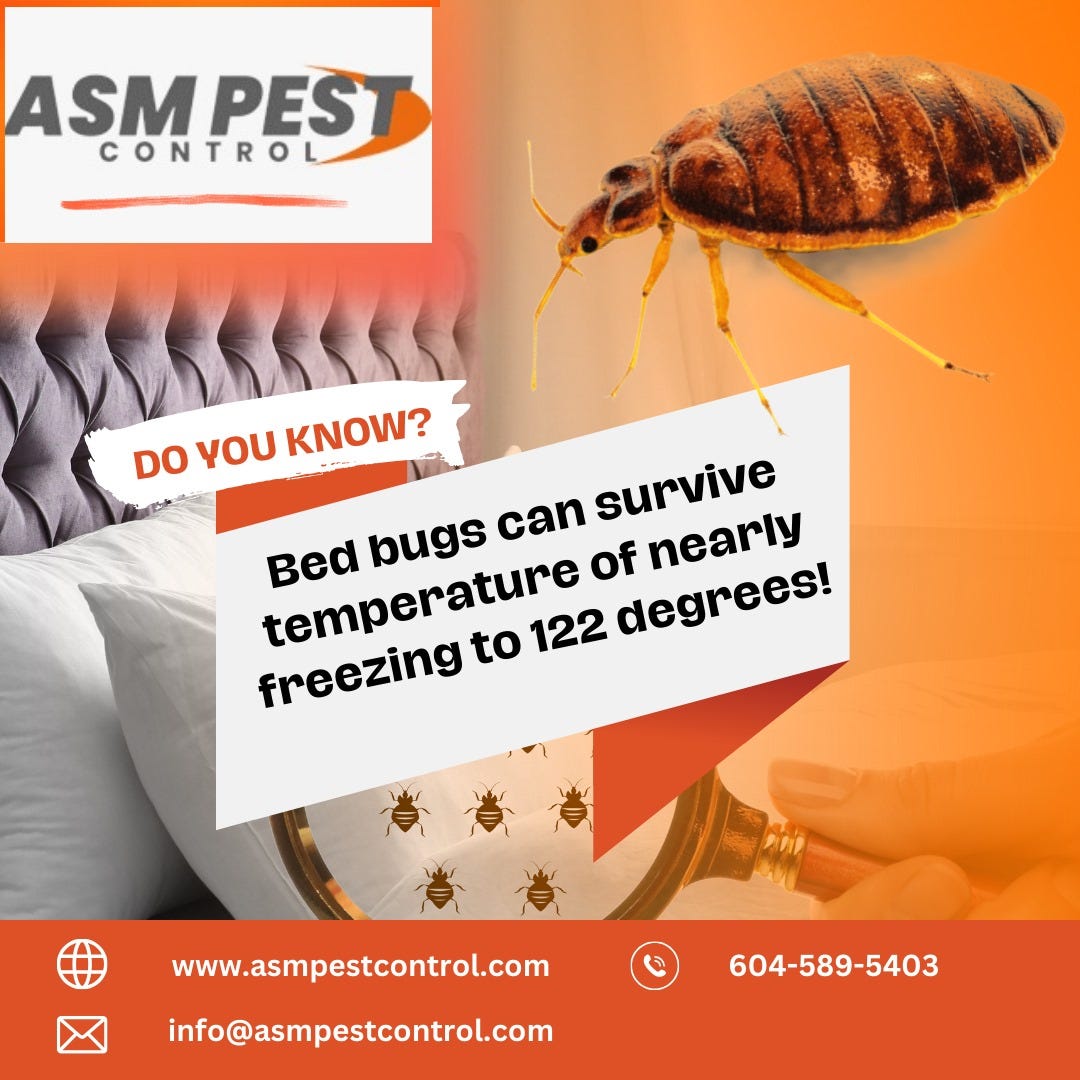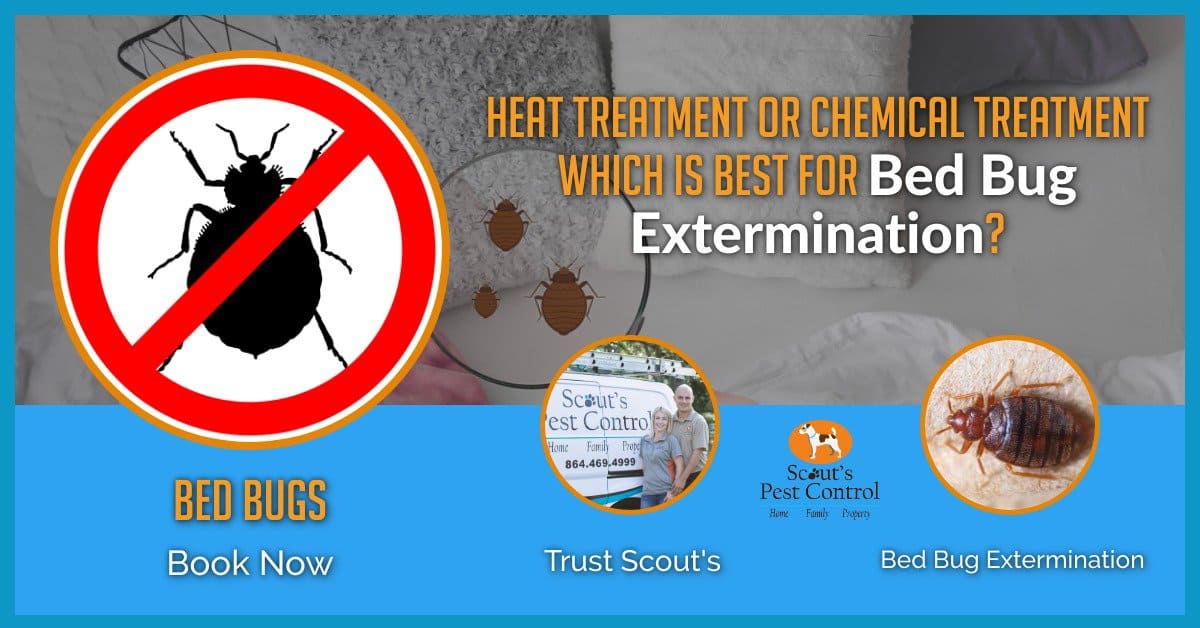Finest Kings Bug Control Cincinnati: Premier Exterminators
Finest Kings Bug Control Cincinnati: Premier Exterminators
Blog Article
Types of Insect Control: Which Approach Is Right for Your Problem?
When faced with a pest invasion, the choice of a proper method for insect control is vital in efficiently managing the circumstance. By checking out the different kinds of pest control methods readily available, individuals can make enlightened decisions customized to their unique conditions, guaranteeing a more reliable and sustainable result in insect eradication.
Chemical Pest Control
Chemical bug control includes using synthetic or naturally obtained chemicals to take care of and eradicate pest populations efficiently. This approach is typically used in agriculture, forestry, and residential settings to combat a large range of pests, including weeds, bugs, and rodents. Using chemical pesticides can supply quick and targeted remedies to pest problems, making it a preferred selection for lots of people and organizations.
One of the vital advantages of chemical pest control is its ability to promptly get rid of parasites, reducing the risk of damages to plants, home, and human wellness. By utilizing specific chemicals that target certain bugs, this method can properly regulate problems while reducing injury to advantageous microorganisms and the atmosphere when used properly.
Nonetheless, the use of chemical insect control likewise elevates worries regarding prospective damaging results on non-target types, water resources, and human health. It is vital to comply with safety and security standards, apply chemicals responsibly, and consider different pest control methods to minimize these dangers and make certain lasting parasite administration practices.
Biological Pest Control
Biological parasite control, likewise understood as biocontrol, uses living microorganisms to minimize and take care of parasite populaces normally. By utilizing the bug's natural predators or pathogens, biological bug control uses a environmentally friendly and lasting remedy to pest monitoring.

Mechanical Parasite Control
Making use of hands-on and physical methods to handle parasite populations, mechanical bug control offers an alternative approach that does not rely on using living organisms or artificial chemicals. This method includes using barriers, traps, or other tools to literally deter or get rid of bugs. By blocking insect entry points or establishing traps to capture them, mechanical insect control can successfully decrease problems without introducing chemicals into the environment.
One common instance of mechanical bug control is using mesh displays on doors and windows to stop pests from getting in buildings. This straightforward yet efficient technique works as a physical barrier, maintaining insects out while permitting for correct air flow. In addition, devices like mousetraps, fly swatters, and ultrasonic repellents fall under the mechanical insect control category.
While mechanical parasite control methods can be labor-intensive and call for regular surveillance and upkeep, they use a eco friendly and lasting service for managing parasite invasions. By integrating different mechanical strategies, homeowner can develop a detailed bug control method that decreases reliance on chemical pesticides.
Physical Insect Control

Some common physical insect control approaches include using barriers such as webs or screens to avoid pest entrance, traps to capture and eliminate parasites, and hand-picking to physically remove insects from plants or frameworks. In addition, methods like warmth treatments can be utilized to control parasites like bed insects by elevating the temperature level to degrees that are lethal to the bugs.
Physical parasite control is particularly beneficial in incorporated pest administration (IPM) methods, where multiple parasite control techniques are combined for reliable bug administration while minimizing the use of chemicals. By making use of physical pest control strategies, individuals can efficiently attend to pest invasions with marginal ecological influence.
Integrated Parasite Management
When implementing physical insect control techniques as component of insect monitoring strategies, Integrated Insect Monitoring (IPM) becomes an extensive approach that leverages various methods to properly regulate pest populations. IPM concentrates on long-term avoidance of bugs with a combination of organic, cultural, physical, and chemical devices customized to details bug concerns. By incorporating several control methods, IPM intends to reduce the threats connected with bugs while likewise minimizing dependence on chemical options.
One key facet of IPM is the emphasis on monitoring and assessing pest populations to identify one of the most suitable control methods. This proactive strategy permits for very early treatment and targeted approaches, causing a lot more effective insect administration. Furthermore, IPM promotes eco-friendly techniques by focusing on non-chemical control approaches and just using chemicals as a last option.
Conclusion

By utilizing the bug's all-natural predators or pathogens, organic parasite control supplies a sustainable and environmentally friendly service to pest management. - Kings pest control Cincinnati Ohio
Making use of physical and manual approaches to handle parasite populations, mechanical bug control provides a different approach that does not depend on the use of living microorganisms or artificial chemicals.An efficient strategy to taking care of pest populations without depending on chemical or organic approaches involves the use of physical insect control strategies.When applying physical insect control methods as component of bug administration approaches, Integrated Parasite Monitoring (IPM) arises as a thorough method that leverages various methods to successfully control pest populations. Chemical pest control includes the use of pesticides, organic insect control uses all-natural predators, mechanical bug control includes physical barriers, physical parasite control includes capturing or removing bugs, and integrated bug administration integrates several techniques for an alternative technique to pest control.
Report this page